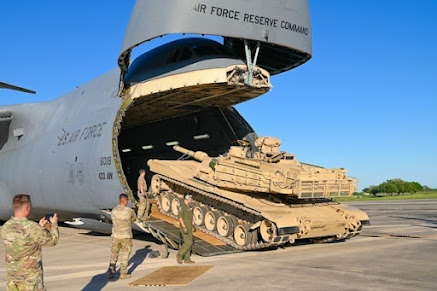Is the Chinese military’s lack of battlefield experience a serious disadvantage?
China’s Real Military Weakness? It’s Not What Most People Think.
When it comes to large-scale, modern warfare, only Russia and Ukraine have recent, real-world combat experience. But any reasonably well-organized army can learn to fight once the war starts.
What China truly lacks — and what few are talking about — is logistics: the ability to move troops, weapons, fuel, and supplies efficiently over long distances and keep the war machine running. The U.S. military mastered this decades ago and keeps its skills sharp through global operations and a vast network of overseas bases.
Because here’s the truth: it doesn't matter how many tanks you have if you can’t get them fuel, ammunition, or spare parts. One of the major reasons the Axis powers lost World War II was not because of the battles people remember — like the U-boat war — but because of devastating supply failures. The U.S. Navy’s blockade of Japan, which cut off resources from Southeast Asia, arguably did more to force Japan’s surrender than even the atomic bombs.
Likewise, everyone loves to talk about D-Day landings, Omaha Beach, and airborne drops — but few appreciate the immense logistical operation that kept the Allied forces in France supplied after they landed. That effort wasn't glamorous, and back then, many supply jobs (like truck driving) were handed to Black soldiers — a fact history often overlooks. But without constant resupply, no army can advance, fight, or survive.
If China is serious about invading Taiwan, it must figure this out — fast. Most militaries today probably can’t pull off such a complex, sustained operation. The U.S., on the other hand, got a hard-earned refresher in Iraq and Afghanistan, where supply convoys were prime targets for insurgents, and where troops in remote outposts still had to be fed, fueled, and armed. In the end, this quiet logistical mastery may matter more than battlefield experience itself.


.jpg)
0 Comments